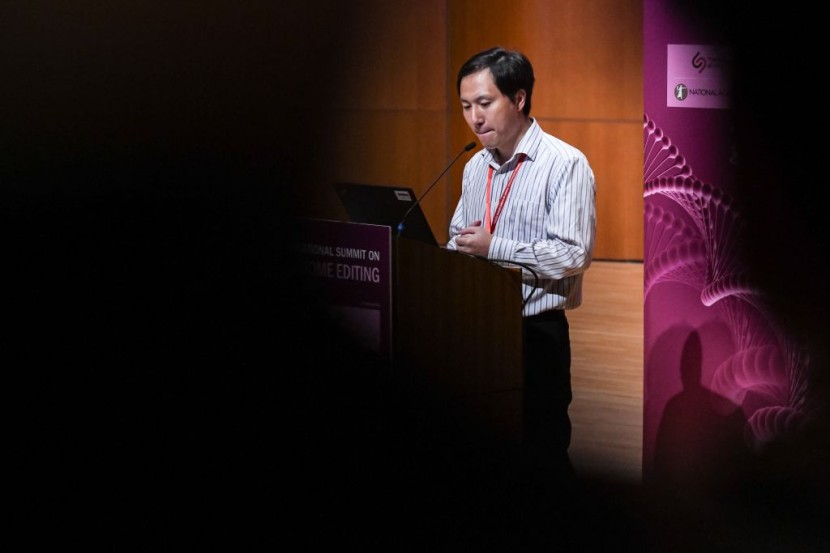The Chinese scientist He Jiankui, who caused controversy across the world in 2018 by revealing that he had produced the first gene-edited offspring, has proposed a new idea for altering human embryos that he claims could benefit the "aging population."
The Controversy
He, a former researcher at the Southern University of Science and Technology in Shenzhen, claimed in 2018 that he had altered twin girls' human embryos using the gene-editing technique CRISPR in an effort to shield them from HIV. He's research also resulted in the birth of a third genetically altered child, a Shenzhen court subsequently ruled.
The findings ignited a vigorous debate over the morality of using cutting-edge technology on humans and the possibility that unwanted mutations could be passed on to future generations, including children. In addition, it sparked worries about potentially modifying species through the introduction of "designer children."
A New Project
He was recently sentenced to three years in prison in China for engaging in "illegal medical practices," but he made a surprise return last year when he declared on social media that he was building a research lab in Beijing, as reported by CNN.
Since then, his research posts on Twitter have mainly discussed ideas for developing gene therapy for rare diseases.

But on Thursday, he stirred up controversy once more by publishing a new research plan that experts claim is similar to his prior work, which was widely condemned by scientists as being unethical and risky with the potential to alter future generations' genetic makeup.
In a brief, one-page memo, He suggested conducting research that would entail gene-editing human zygotes and mouse embryos to see if a particular mutation "confers protection against Alzheimer's disease."
This possible experiment, unlike the study that landed him in jail, includes a type of defective fertilized egg cell that is typically regarded as being unsuitable for being implanted in a woman.
No human embryos would be implanted for pregnancy, and prior to doing any testing, "government permit and ethical approval" were required, according to the proposal.
Even if the idea He put up were found to have validity, it is unclear if He would receive approval for such work in China, and foreign experts claim the current proposal is not scientifically sound.
Read also: Gene Editing: Pigs Engineered To Be Immune To Disease
China's Restrictions on Human Genome Editing
As a result of the information about his earlier study, Chinese authorities have taken numerous measures to strengthen the laws and moral guidelines governing human genome editing. They also restricted He's use of human genetic resources and prohibited him from working on projects involving assisted reproductive technologies, according to state-run media.
Scientists and medical ethics specialists are, however, alarmed and perplexed by the scientist's release of a new concept involving the gene editing of embryos.
Related article: Gene Editing Technology Proven Successful in Human Cell Experiments to Prevent Coronavirus Replication
© 2025 HNGN, All rights reserved. Do not reproduce without permission.








